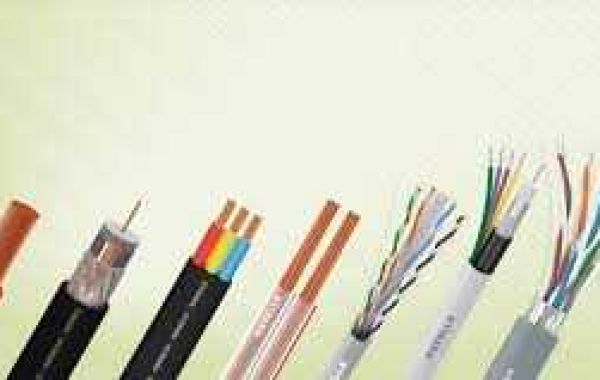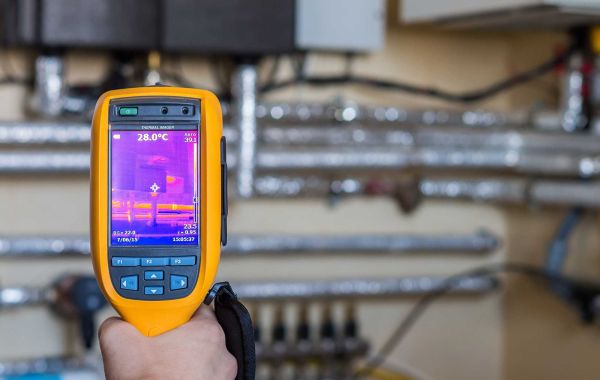Types of electrical wires and their uses
It is necessary to know the types of electrical wires, to choose the correct installation. For example, when you install a new wire, choosing the appropriate wire is half the work. Here are some common types of electrical wires:
single conductor wires
Single-conductor wires are the most common types of electrical wires. (THWN) and (THHN) are a type of single-conductor wire. Single-conductor wires are used in many common electronic devices such as mobile phone chargers.
multiconductor cables
These well-known electric cables of the (NM) type consist of a live or hot wire, a ground wire and a neutral wire wrapped in a plastic sheath. Multi-conductor cables are used to connect heavy appliances such as washing machines and dishwashers.
Metal-sheathed cables
These cables consist of live wire, ground and neutral, there is a metal-clad wire cable of this type of cable called (MC), and (MC) cable is mainly used in industrial applications due to its ability to withstand heavy loads, its metal sheath provides protection against damage Wiring also reduces fire hazards.
Electrical wiring concept
Electrical wires are conductors that distribute electrical energy from a source to many electrical devices. Electrical wires come in sheathed materials of different sizes to deal with the different electrical conditions in which they will be used. Although they can be made of aluminum and other materials, almost all electrical wires are made of of copper.
Principles of selection of electrical wires
Electrical wires come in different sizes as well as being made of different materials. Here are ways to distinguish between them as follows:
the size
The most noticeable distinction you may notice in wire is size, for example 12 gauge wire is thicker than 16 gauge wire which in turn is thicker than 24 gauge wire, choosing your gauge is a matter of balancing cost and effectiveness.
matter and resistance
Another thing to consider when deciding on wire is the material from which the wire is made, as different metals have other properties that make them more desirable.
For example, copper has fairly low resistance and is available enough that the costs are not too high to use as wire, which is what makes it incredibly popular as your home's electrical system is likely to be made entirely of copper.
The other very common type of metal used in electrical systems is aluminum, while aluminum has a higher resistance than copper, is much cheaper and lighter, and is often used in overhead power lines.
There are a few other elements commonly used in wires as well, such as gold and silver, and sometimes high resistance is needed so metals such as tungsten are used.
READ MORE:








